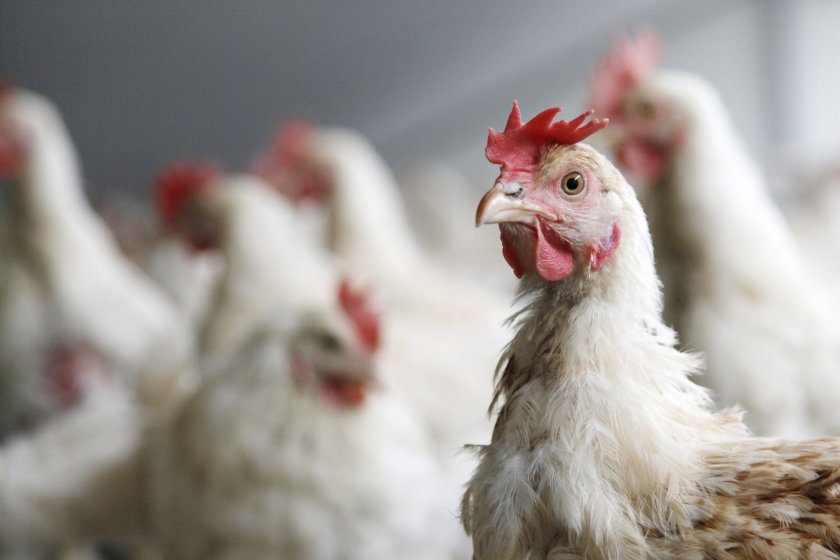
Horticulture and poultry businesses will benefit from an extension to the climate change agreement (CCA) scheme after a new target period was negotiated.
The Department for Energy Security and Net Zero (DESNZ) had proposed a challenging 40.9% energy efficiency improvement target for horticulture and a 12% target for poultry.
Recognising that these proposed targets did not accurately reflect the energy efficiency of the sectors, NFU Energy and the NFU advocated for more achievable targets.
As a result, DESNZ has agreed to extend the CCA scheme by an additional two years until March 2027, with revised reduction targets now 13% for horticulture and 10% for poultry.
The CCA scheme is a voluntary agreement made between UK industry and the Environment Agency to reduce energy use and carbon dioxide emissions.
In return, operators receive a discount on the climate change levy, a tax added to electricity and fuel bills
The Environment Agency administers the CCA scheme on behalf of the whole of the UK.
NFU Energy managing director, Tim Crocker called the change 'a significant victory' for horticulture and poultry businesses participating in the CCA scheme.
“By working collaboratively with both members and the NFU it meant that we could successfully advocate for revised reduction targets that accurately reflect the challenges faced by businesses.
“We, at NFU Energy, extend our gratitude to all those that have contributed to this achievement.”
NFU deputy president, Tom Bradshaw added that the revision of the targets was 'a win' for collaboration and the commitment to sustainable energy practices.
"They are now fair and realistic for the horticulture and poultry businesses involved in the scheme," Mr Bradshaw said.
“The CCA is one of the few government incentive schemes that has consistently encouraged energy users to do the right thing and make positive changes to boost their efficiency and productivity and reduce their environmental impact.
"While we want to see this scheme continued long-term, we also believe any future replacement schemes should be more inclusive, reaching farmers and growers outside the current target sectors."
